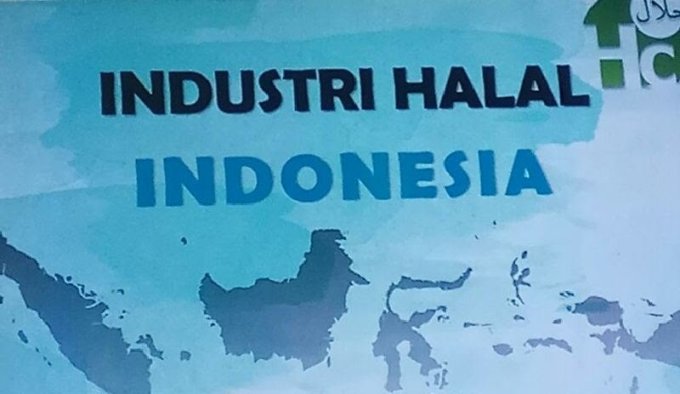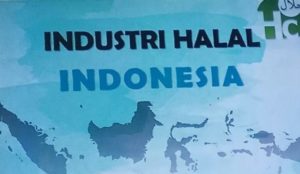Jakarta, MINA – Indonesian Ministry of Industry (Kemenperin) continues to strive to develop the halal industry in Indonesia. At the end of 2023, the release of the State of the Global Islamic Report shows Indonesia’s position increasing to third place in halal economic development, up one rank compared to the previous year.
Meanwhile in the domestic market, Muslims in Indonesia recorded expenditures of 184 billion US dollars in 2020. This figure is projected to increase to 14.96 percent in 2025 or 281.6 billion US dollars.
Acting Secretary General of the Ministry of Industry, Putu Juli Ardika, said that this made Indonesia the largest halal consumer market in the world with a share of 11.34 per cent of total global halal expenditure. One of the efforts made to fill opportunities for developing the halal industry, he said, is through halal certification for various products produced, including food and beverages.
“The Ministry of Industry as part of the government has the responsibility to prepare empowerment programs for the industrial sector. This includes facilitating halal certification for the industrial sector,” he said in an official statement on Wednesday.
Also Read: Ground Movement Hits Central Java: Residents Evacuate, Dozens of Homes Damaged
This, he continued, supports the industry’s readiness to welcome halal requirements, by encouraging readiness to improve the sharia economy. It was explained that halal certification for all food products, drinks, slaughter products and slaughter services will be implemented in all regions in the country, in accordance with the halal obligation regulations contained in Government Regulation Number 39 of 2021.
Putu said the Ministry of Industry continues to encourage the facilitation of halal certification for Small Industries (IK). In the last three years, the Halal Industry Empowerment Center (PPIH) of the Ministry of Industry has facilitated halal certification to 3,095 IKs, both using regular and self-declare schemes.
In 2024, PPIH will again provide halal certification facilities to 1,250 small industries. Includes submission of halal certificates and provision of halal supervisor training for small industries that are prospective recipients of facilities.
It is hoped that this halal supervisor training can produce halal human resources who will oversee the implementation of the Halal Product Guarantee System (SJPH) in these industrial companies. So it is hoped that industrial companies will not make halal certificates merely an end goal, but rather a continuous process of implementing SJPH even after receiving the halal certificate. (T/RE1/P2)
Also Read: Indonesia Reaffirms Full Support for Palestinian Independence Before Jordan’s King
Mi’raj News Agency (MINA)


































 Mina Indonesia
Mina Indonesia Mina Arabic
Mina Arabic